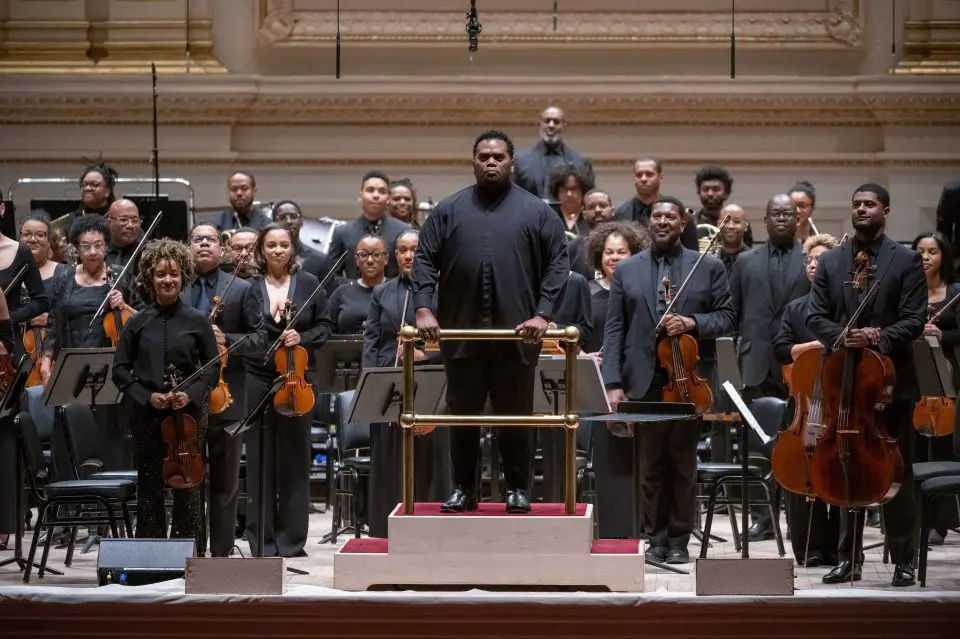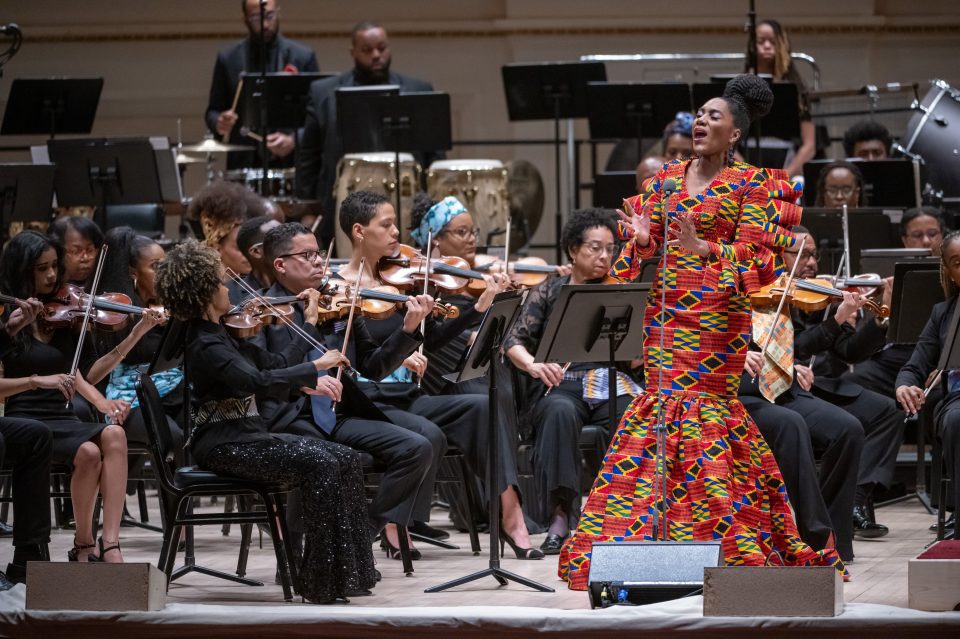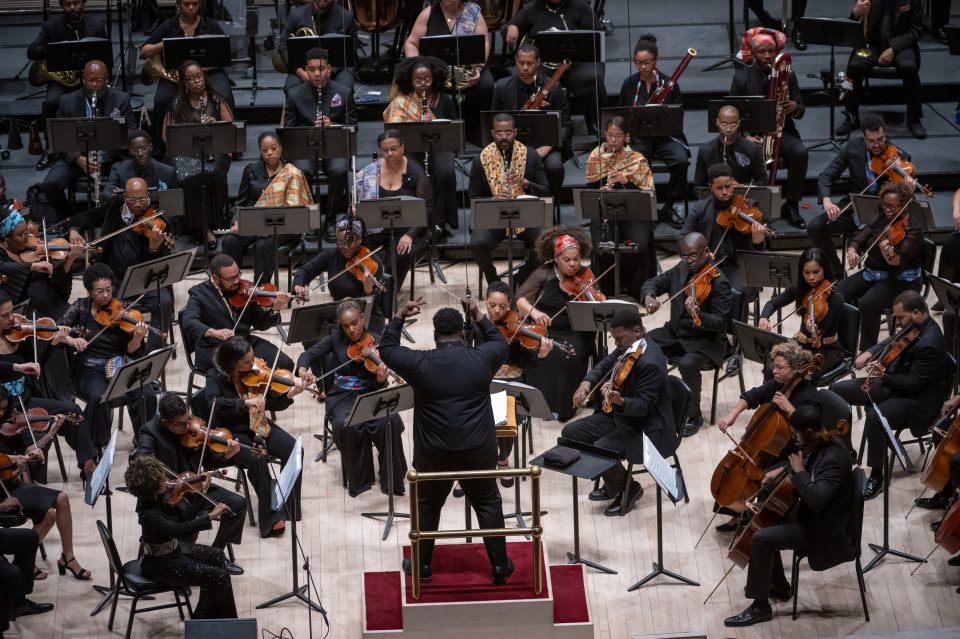
It took greater than 90 years for William Levi Dawson’s Negro Folks Symphony to be carried out once more on the Carnegie Corridor stage, the place it debuted in 1934. However on the April 27 concluding occasion for the Gateways Music Pageant (GMF), Dawson’s legendary composition as soon as once more stuffed the hallowed live performance corridor. It was a symbolic and highly effective technique to conclude the weeklong competition which was based in 1993 to have a good time Black classical artistry. Alex Laing, GMF’s president and creative director, shared with rolling out the connection between Negro spirituals and classical music, his ideas on the state of the style, and the way the competition is creating area for the amplification of Black classical musicians.
This 12 months you’ve curated a program with a social give attention to Negro spirituals. In gentle of present occasions, how have these spirituals taken on a renewed sense of significance?
Negro spirituals have all the time carried greater than melody — they carry reminiscence, resistance, religion, and messages of survival. They’re born out of a folks’s want to carry on to their humanity within the face of dehumanization, they usually stay deeply resonant. At Gateways, performing this music isn’t nearly heritage — it’s about presence. Because of artists who’ve come earlier than us — just like the Fisk Jubilee Singers, Harry Burleigh, Roland Hayes, Leontyne Worth, Marian Anderson, Kathleen Battle, and Jessye Norman — these songs are a part of our classical custom. So once we share this work on phases like Kodak Corridor or Carnegie Corridor, we’re not simply wanting again. We’re making an announcement about who we’re — and the place we’re headed.


In this 2024 essay it was said, “Greater than 30 years later, lots of the points Black classical musicians face — inequitable audition and tenure processes, the absence of organization-wide variety coaching in orchestras and restricted grievance processes — stay prevalent throughout the nation.” In the event you agree with this assertion, what do you suppose are a number of the methods to deal with these challenges? Are there different challenges you want to convey gentle to?
Sure, I agree that many of those challenges stay. However these aren’t simply issues for Black classical musicians — they’re issues for classical music itself. By conserving Black folks and tradition at arm’s size, the sphere has made itself poorer: artistically, spiritually, and right now, economically. Gateways exists due to that exclusion — and in response to it. We haven’t been ready for establishments to vary. With our supporters, we’ve been constructing a house the place Black classical artistry isn’t marginalized or tokenized — it’s centered, celebrated, and rooted in custom. In opposition to the backdrop of classical music — and with the lived expertise of being Black on this subject — our coming collectively, the rarity and the enjoyment of it, turns into a part of what makes our artwork distinct. It’s what makes it particular, not only for us as artists, however for the audiences of all backgrounds who collect with us.


Because the Gateways Music Pageant launched how have you ever measured and what progress have you ever seen relating to the state of Black classical musicians?
I believe when you’re asking about widespread progress — in management, in repertory, in who feels a real sense of belonging, who’s within the corridor, on the stage, and within the viewers — there’s nonetheless work forward. However when Gateways launched, Black classical artistry was already alive — rooted in HBCUs, group establishments, and generations of musicians who created areas the place none have been supplied. That custom was by no means absent. It was just too usually unseen. Gateways joined that lineage. And over time, we’ve constructed a platform the place Black classical excellence doesn’t need to battle for area — it is the area.
This interview has been edited and condensed for readability.